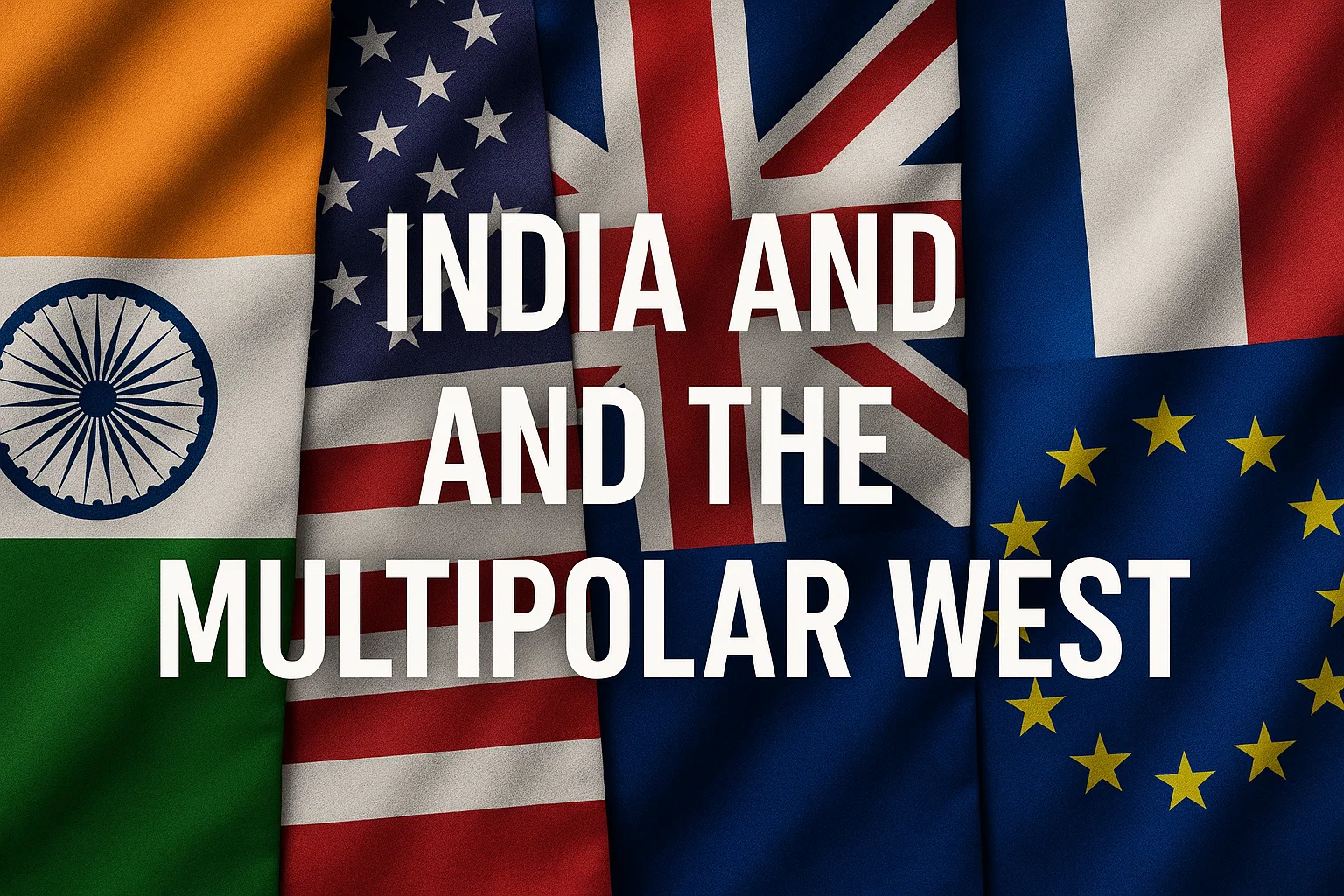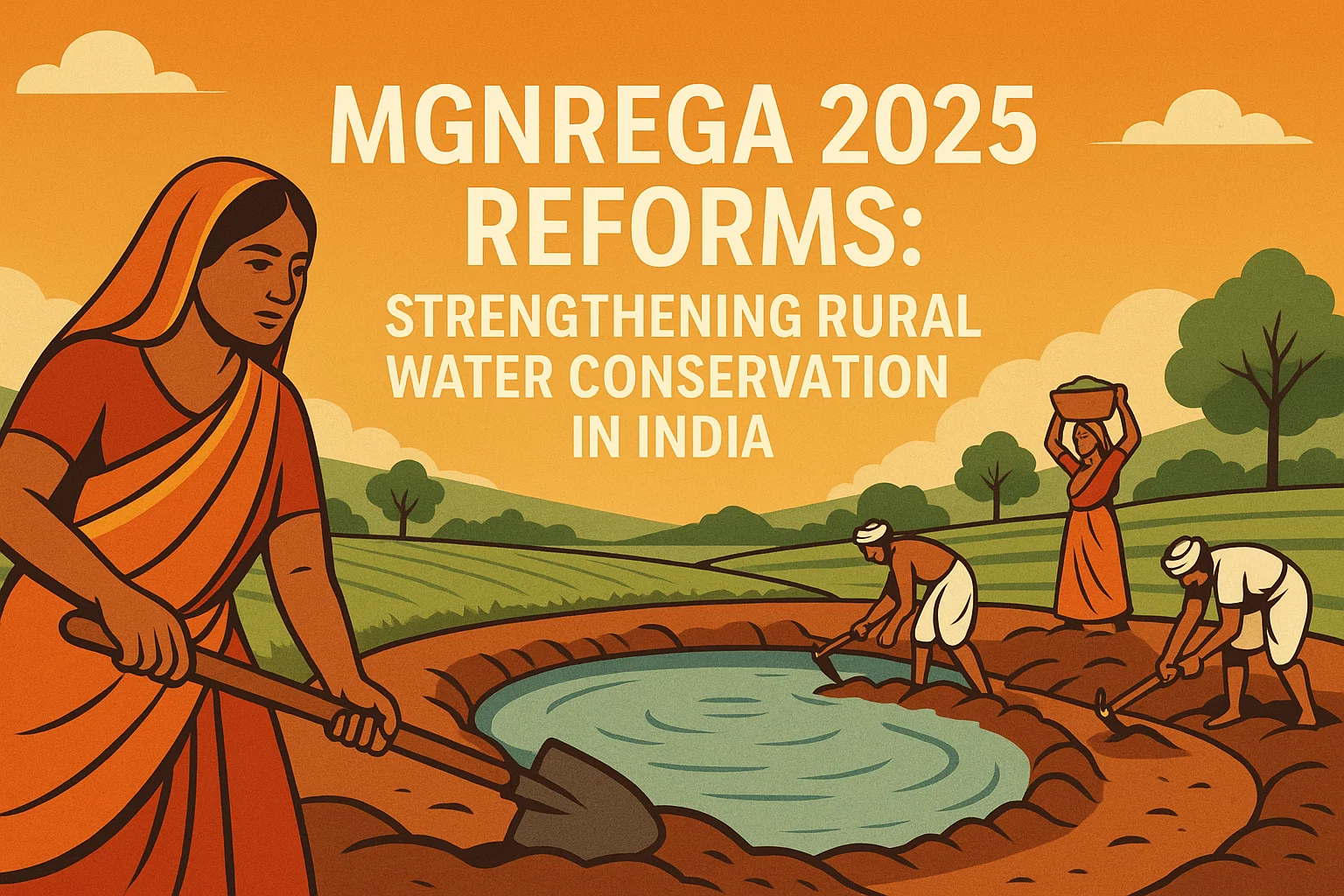Misinformation Crisis in India
The role of the Internet in spreading misinformation
Context: During the recent India-Pakistan crisis, misinformation spread rapidly across social media platforms, intensifying public anxiety.
More on News
- Doctored videos claiming missile attacks, manipulated images of military operations, and unverified reports of casualties circulated widely—often shared without verification by both individuals and some mainstream media channels.
- This phenomenon isn’t new. The challenge of fake news in India has been growing alongside the rise of digital media.
- During volatile moments like cross-border tensions, the spread of misinformation on social media poses a serious threat to public trust and national security.
Survey Data Confirms Growing Concern Over Online Misinformation
- Findings from a recent survey by Lokniti-CSDS, titled “Media in India: Access, Practices, Concerns and Effects”, reveal that misinformation online significantly affects public perception and behaviour.
- The data, based on responses from active Internet and social media users, shows that nearly half of all users had encountered fake or misleading information at some point.
- A large portion reported encountering misinformation “a few times” or “once or twice.”
- Around 40% of both active Internet users and social media users admitted to having shared or forwarded fake news at some point, only to realise later that it was false.
Key Insights
- 21% of active Internet users and 20% of social media users said they were “highly concerned” about encountering fake news.
- An additional 31% of Internet users and 32% of social media users expressed being “somewhat concerned.”
- Notably, concern was higher among those who had previously shared or fallen for fake news.
- A staggering 88% of such users expressed moderate to high concern about misinformation, showing that personal exposure drives heightened awareness.
- Interestingly, even among those who had not been misled or shared misinformation, 44% and 39% respectively showed concern—indicating a growing national awareness of digital misinformation threats.
Declining Trust in Social Media News Sources
- 21% of X (formerly Twitter) users reported having very little trust in the content they encounter.
- 12% expressed complete distrust in news and information shared on the platform.
- This distrust is significant in a country where a large portion of the population gets its news digitally.
Reuters Institute 2024 Report: Online News is Now the Primary Source
- The 2024 Digital News Report by the Reuters Institute corroborates these findings, revealing that over 70% of Indian users prefer online news sources, with nearly half relying on social media platforms for daily news consumption.
- YouTube (54%) and WhatsApp (48%) are the top platforms for news access in India.
- This massive shift in news consumption patterns highlights the growing influence of social platforms—and the urgent need for better media literacy, fact-checking infrastructure, and platform accountability.
Way Forward
As misinformation continues to thrive in the digital ecosystem, it’s imperative to:
- Promote media literacy and critical thinking skills across demographics.
- Digital Shakti Campaign (by NCW & CyberPeace Foundation) educates women and students on identifying fake news.
- BBC My World Media Literacy Program (in Indian schools) teaches students how to verify online information.
- Encourage responsible journalism and strengthen fact-checking networks.
- FactCheck.in (by The Wire) and Alt News debunk viral misinformation, including deepfakes and political propaganda.
- Develop regulatory frameworks that demand greater accountability from social media platforms.
- India’s IT Rules (2021 & 2022 amendments) require platforms like Facebook & Twitter to remove flagged fake news and trace originators.
- Press Information Bureau (PIB) Fact Check Unit flags misinformation on government policies.
- EU’s Digital Services Act (DSA) forces platforms like Meta & Google to curb disinformation or face heavy fines.
India stands at a critical juncture where misinformation on social media threatens democratic discourse and public trust. With nearly half of the population exposed to or misled by fake news, it is no longer a fringe issue—it is a national challenge. A multi-pronged approach involving education, regulation, and technology is essential to safeguard the information integrity of India’s digital future.
Subscribe to our Youtube Channel for more Valuable Content – TheStudyias
Download the App to Subscribe to our Courses – Thestudyias
The Source’s Authority and Ownership of the Article is Claimed By THE STUDY IAS BY MANIKANT SINGH


